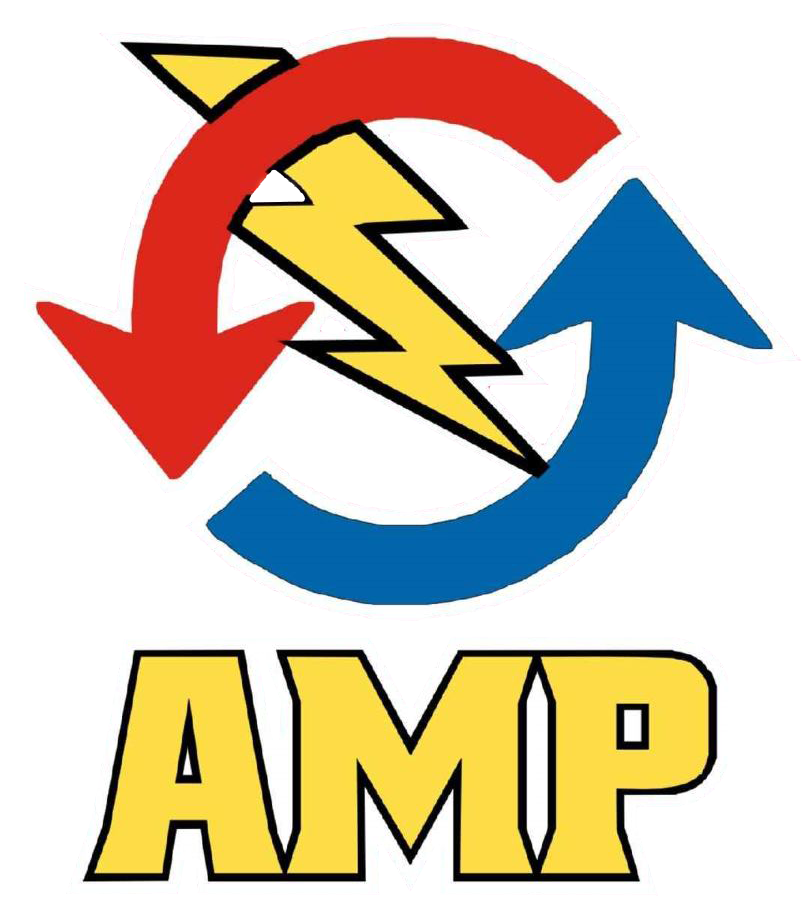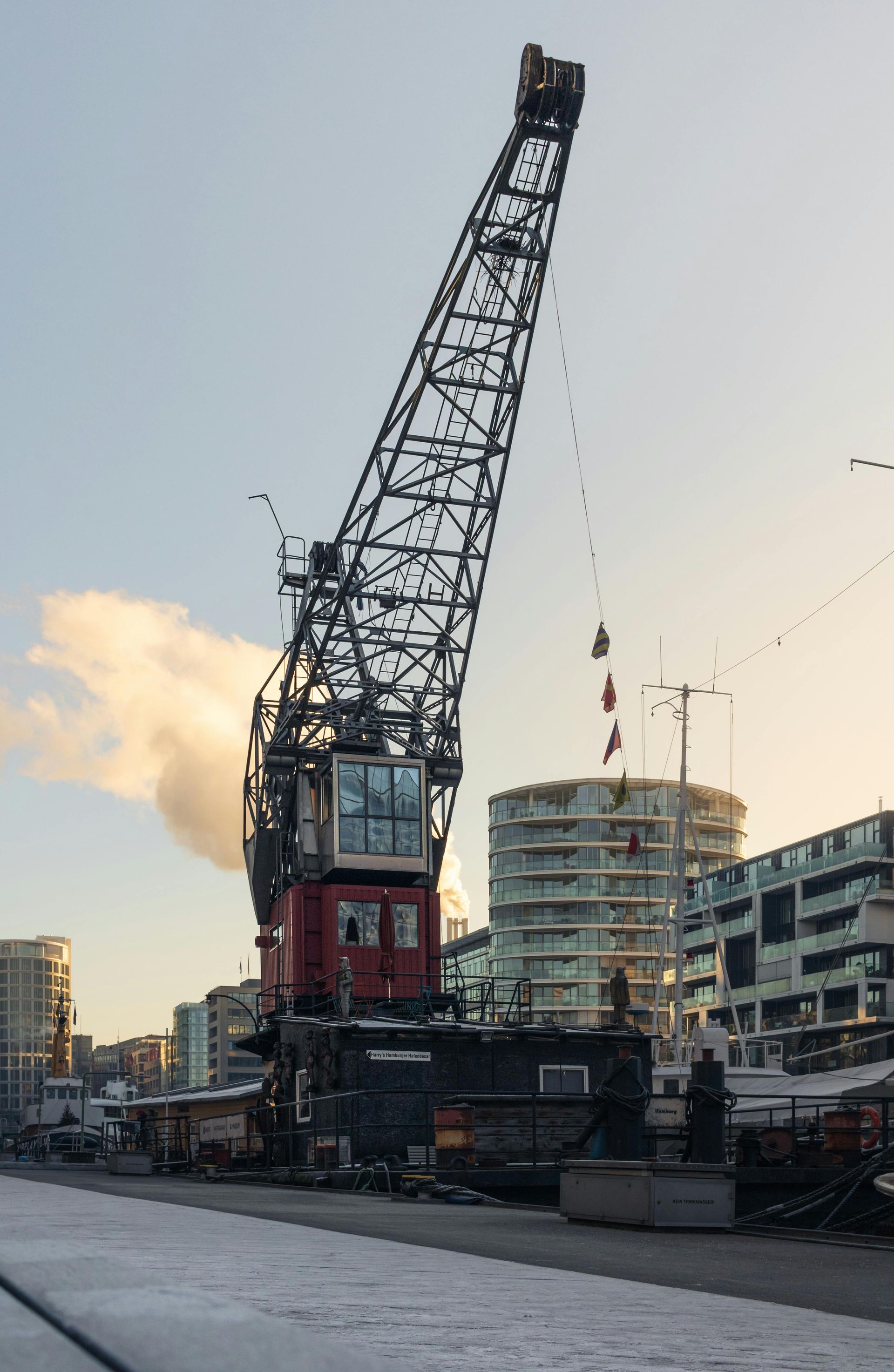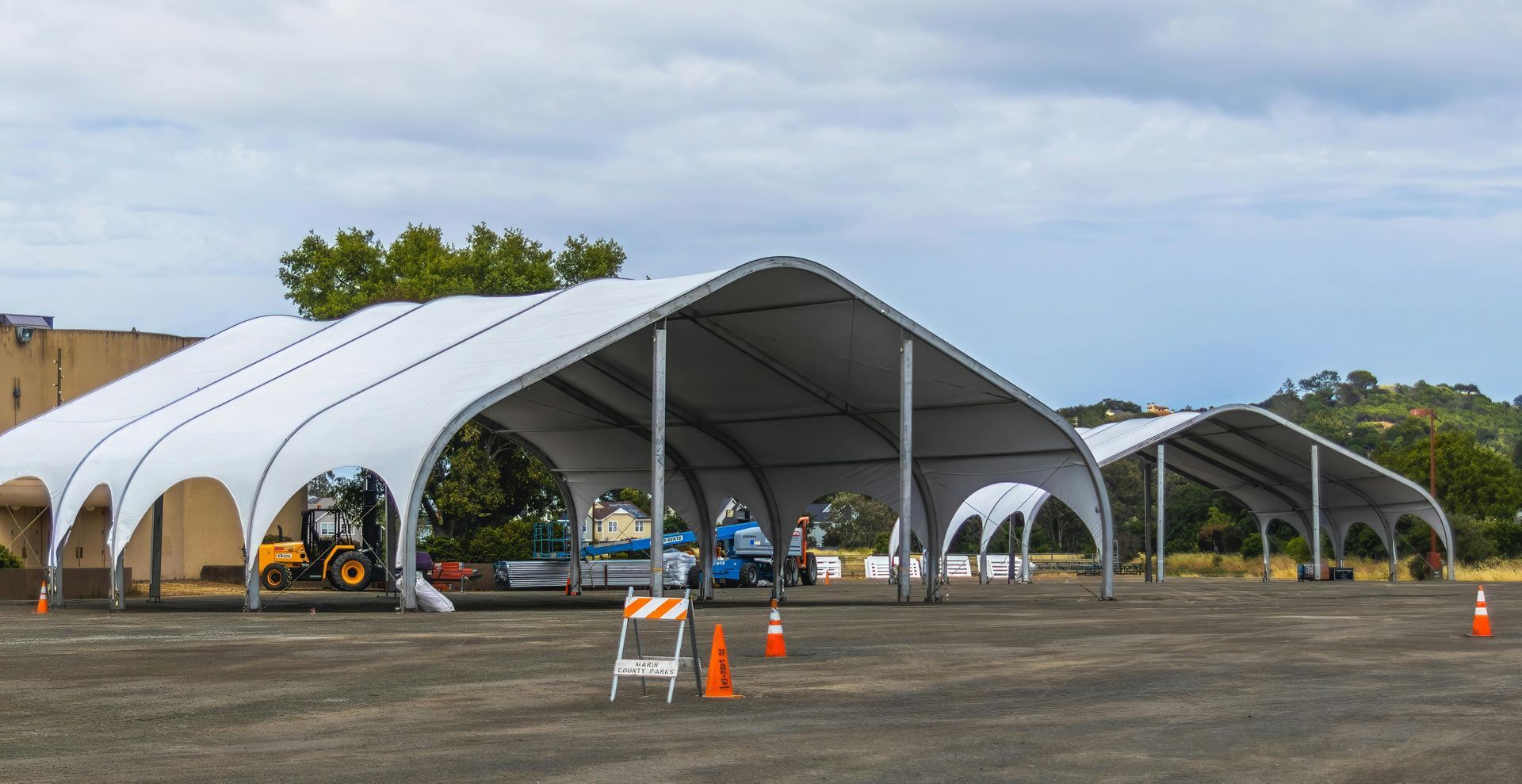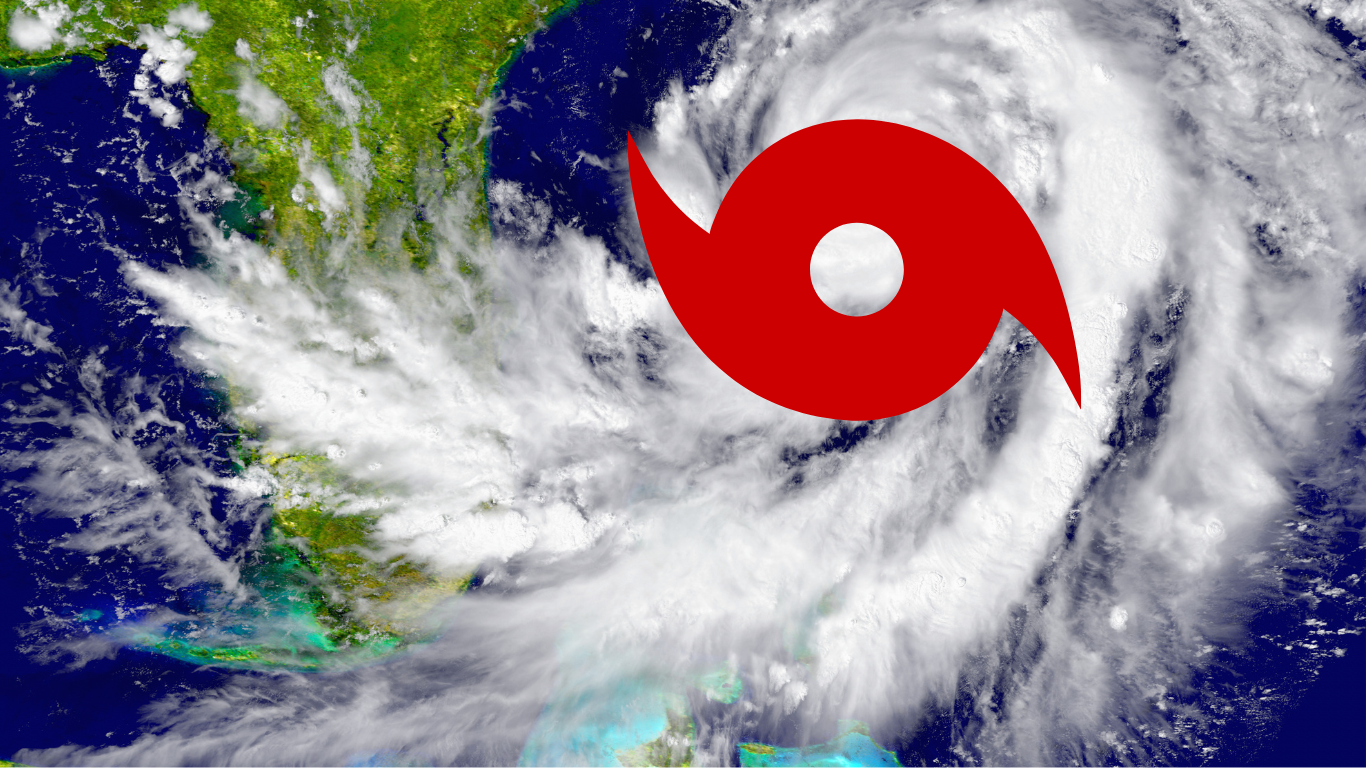How to Prepare Your Business for a Power Outage
amp_ewa3zw • February 28, 2023

When you're renting industrial equipment like generators or HVAC systems, performance isn’t just a nice-to-have — it's mission-critical. A single failure can cost thousands in lost productivity, safety risks, or even project shutdowns. That’s why AMP 2 LLC has built its reputation around a rigorous PMI — Preventive Maintenance Inspection — process that ensures every unit we deliver is field-ready, reliable, and battle-tested. What Is PMI and Why Should It Matter to You? Preventive Maintenance Inspection (PMI) is a thorough, systematic inspection and servicing process applied to equipment before and after each deployment. It goes far beyond wiping off dust or checking for obvious damage. PMI includes mechanical diagnostics, electrical systems analysis, fluid testing, software updates, and full operational simulations under load. For AMP 2 LLC, it’s not optional — it’s the foundation of our commitment to safety, uptime, and performance. This matters because many companies in the rental industry skip critical steps to turn over equipment faster. That shortcut mentality might save them money in the short term, but it increases your risk. At AMP 2 LLC, we’d rather invest time and resources into doing it right — so your project stays on track. PMI for Generators: Power You Can Count On Generators are the heartbeat of many operations — from emergency backup to jobsite power distribution. At AMP 2 LLC, every returned generator undergoes a multi-point PMI protocol that includes: Load bank testing to verify output under stress Oil and fuel analysis to detect internal wear or contamination Battery condition checks and electrical diagnostics Replacement of filters, spark plugs, and belts as per usage logs Software updates for smart monitoring systems These steps ensure that each generator performs at 100% efficiency with minimal noise, optimal fuel burn, and zero surprises. PMI for HVAC Units: Climate Control Without Failures Our HVAC and temporary air systems are critical to maintaining climate control in sensitive environments—whether it's for a concert, event tent, or emergency response zone. PMI for these units focuses on: Refrigerant level testing and leak detection Coil cleaning and air flow calibration Blower and fan motor inspection Duct integrity and thermostat control checks Digital diagnostics on programmable control systems We don’t just confirm that an HVAC unit is cooling or heating. We ensure that it will maintain stable, efficient performance for the full duration of your rental, no matter the weather or demand. The Bottom Line: PMI Means Peace of Mind Choosing AMP 2 LLC means you're partnering with a company that never gambles with your uptime. Our PMI process is not just a checklist — it’s an investment in your project’s success. It means you get equipment that works exactly as promised, without surprises. It means less downtime, fewer emergency calls, and greater peace of mind. In an industry where "good enough" is often the standard, AMP 2 LLC stands apart by refusing to compromise. PMI is our way of proving that every time you rent from us, you're getting the best equipment on the market — and the best service to back it up.
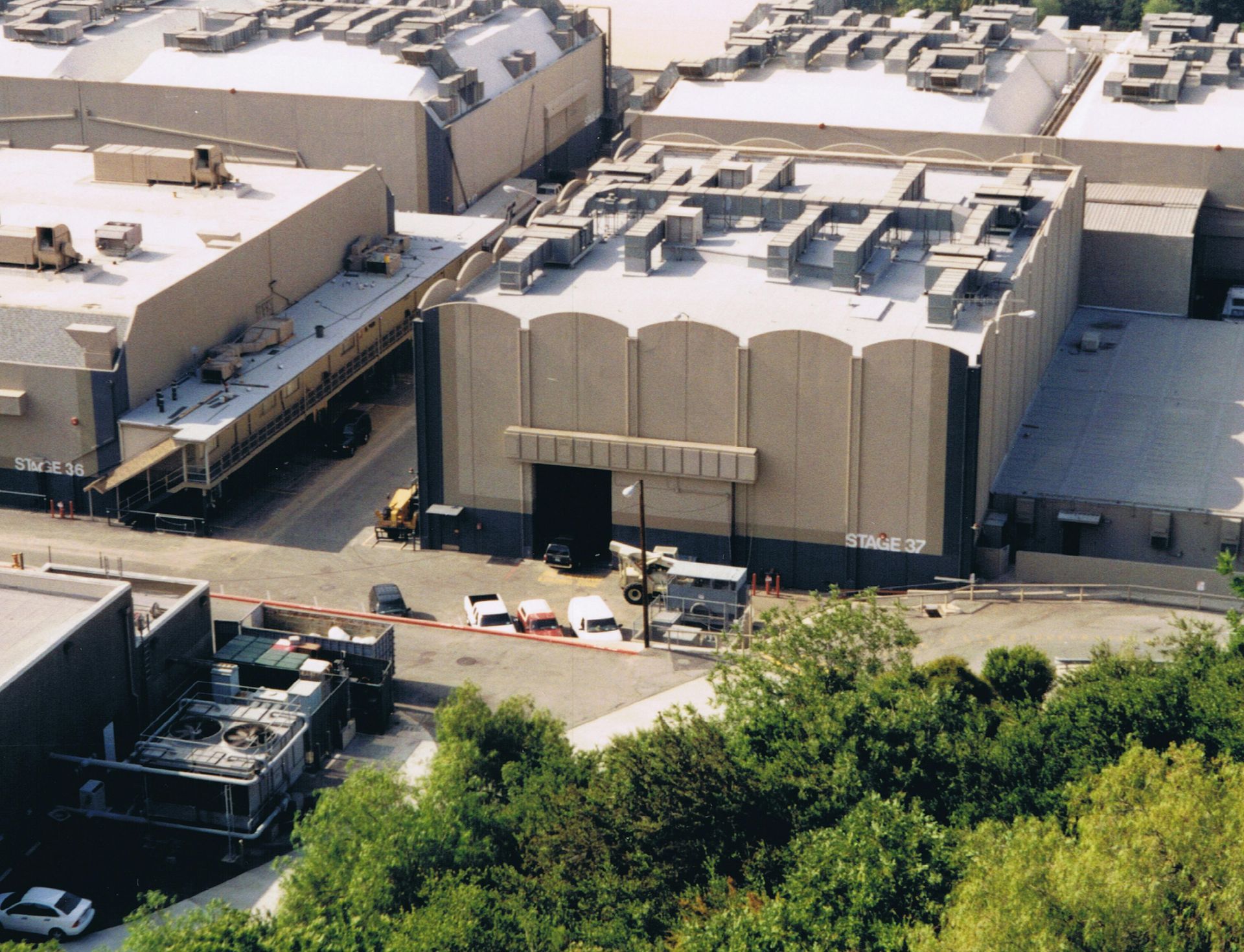
At first glance, Environmental Control Units (ECUs) and commercial HVAC systems might appear to serve similar functions—regulating temperature and air quality within spaces. However, a deeper examination reveals that ECUs are specialized systems designed for precise environmental control in challenging conditions, distinguishing them significantly from standard commercial HVAC units. Understanding Commercial HVAC Systems Commercial HVAC (Heating, Ventilation, and Air Conditioning) systems are engineered to maintain comfortable indoor environments in large buildings such as offices, retail spaces, and industrial facilities. These systems manage temperature, humidity, and air quality to ensure occupant comfort and productivity. Key Features: Scale and Capacity: Designed to handle the heating and cooling needs of expansive spaces, commercial HVAC systems often have larger components and higher capacities compared to residential units. Complexity: These systems can include various components like rooftop units (RTUs), chillers, boilers, and extensive ductwork, tailored to the specific needs of the building. Zoning Capabilities: Commercial HVAC systems often incorporate zoning to control temperatures in different areas of a building independently, enhancing energy efficiency and occupant comfort. Delving into Environmental Control Units (ECUs) Environmental Control Units are specialized systems designed to provide precise control over environmental conditions in specific applications, often under extreme or sensitive conditions. They are commonly used in military operations, medical facilities, and industrial processes where standard HVAC systems may not suffice. Distinct Characteristics: Precision Control: ECUs offer meticulous regulation of temperature, humidity, and air quality, essential for environments where even minor fluctuations can have significant consequences. Durability and Portability: Built to withstand harsh conditions, ECUs are often ruggedized and portable, making them suitable for deployment in challenging environments such as military fields or disaster response scenarios. Specialized Applications: Beyond comfort, ECUs are integral in protecting sensitive equipment, supporting critical medical procedures, and ensuring the integrity of specialized industrial processes. Conclusion While both ECUs and commercial HVAC systems are pivotal in controlling environmental conditions, their applications, designs, and capabilities differ markedly. Understanding these differences is crucial for selecting the appropriate system to meet specific environmental control needs.

The Must-Have Equipment for Outdoor and Tent Events Ensuring Comfort, Safety, and Reliability for Any Event Reliable Power Sources – Renting high-quality generators and power distribution units ensures uninterrupted power for lighting, catering, AV equipment, and more. Climate Control Solutions – Whether it’s a summer wedding or a winter gala, HVAC units, heaters, and misting fans keep temperatures comfortable. - Lighting Strategies– Strategic use of light towers and ambient lighting enhances safety and aesthetics, creating the perfect event atmosphere. - On-Site Service Technicians– Having expert technicians available ensures quick troubleshooting and smooth operation throughout the event. - Rapid Delivery for Last-Minute Needs – Sometimes, adjustments need to be made on the fly. With rapid-response delivery across the U.S. and the Caribbean, you’re never left unprepared. Avoiding Common Equipment Rental Mistakes Event planners can avoid unnecessary stress by keeping these key factors in mind when renting equipment: 1. Underestimating Power Needs – Always calculate total power consumption to prevent outages. However, if you are unsure how to determine the correct power consumption and amperage requirements, Air Management Power (AMP2 L:LC)will handle all the calculations for you. Our experts will assess your event's specific power needs and provide precise recommendations, ensuring you have the right equipment to keep everything running smoothly. 2. Ignoring Weather Variables – Ensure your heating or cooling solutions are suitable for the expected conditions. 3. Skipping a Site Evaluation – A professional site assessment helps identify potential risks and logistical challenges. 4. Last-Minute Bookings – Secure your equipment well in advance to avoid availability issues, especially during peak seasons. Why Partner with Us for Your Event Rentals? We are not just a drop-and-go rental company. Our team stays on-site to install and set up the equipment, ensuring everything functions correctly before we leave. We meticulously check power distribution, HVAC performance, and lighting setups to confirm optimal operation. Our technicians monitor and adjust systems as needed until temperatures are perfect and all equipment is running flawlessly. This hands-on approach guarantees reliability, so you can focus on delivering a seamless event experience. We don’t just provide equipment—we offer peace of mind. Our team goes beyond rentals by providing expert guidance, on-site support, and flexible pricing options, including price matching when an invoice is provided. We help you: - Plan for contingencies with comprehensive site evaluations. - Stay on budget with volume-based pricing. - Adapt quickly to changes with our 24/7 support and rapid delivery service. Elevate Your Next Event With the right preparation and equipment, your event can go off without a hitch. Let’s discuss your upcoming project and how we can provide the essential solutions you need. Contact us today for a tailored quote and expert guidance that keeps your event on track!

Backup power is not just about having a generator; it’s about having a well-thought-out contingency plan. The best plans are flexible, reliable solutions that keep you prepared for any emergency without the need for on-site storage or maintenance. Here are the key benefits of opting for standby equipment: Cost Efficiency Avoid the high upfront costs of purchasing and maintaining on-site power equipment. With standby solutions, you only pay for what you need, when you need it. Re duced Maintenance Responsibility On-site power generation requires regular servicing and fuel management to remain operational. With our standby solutions, AMP takes care of equipment maintenance, ensuring you always have reliable power when it matters most. Flexibility and Scalability Power needs vary depending on the situation. Standby solutions allow you to scale up or down without being locked into a single piece of equipment. AMP’s wide range of generators and power distribution options ensures you’re always covered. Minimized Environmental Impact On-site equipment often sits idle for extended periods, consuming resources and taking up space. Standby equipment reduces unnecessary environmental impact by delivering power only when required. Eliminates On-Site Hazards Permanent equipment can pose safety risks, including fuel storage hazards and emissions. By opting for standby equipment, you reduce these risks while staying compliant with safety regulations. Why Standby Equipment Matters When backup power becomes a legal requirement, such as in nursing homes or facilities regulated under state or federal laws, having a robust plan is critical. For instance: Healthcare Facilities : Following the tragic loss of life during Hurricane Irma in 2017, laws now mandate that nursing homes and large assisted living facilities in Florida must maintain backup power for air conditioning systems. Standby solutions ensure these facilities meet regulatory standards without the burden of owning and maintaining on-site generators. Fuel Stations: Florida and Louisiana require gas stations on evacuation routes to maintain operational capability during outages. Standby generators offer these businesses the flexibility to meet these legal requirements while avoiding the costs of permanent installations. High-Rise Buildings: Buildings exceeding a certain height are often required to have emergency power systems to operate elevators, fire alarms, and emergency lighting during outages. The International Building Code (IBC) specifies these requirements. Public Assembly Venues: Facilities such as theaters, sports arenas, and convention centers, which accommodate large gatherings, are typically mandated to have standby power for emergency lighting and fire protection systems to ensure safe evacuation if needed. Data Centers: While not universally mandated, many jurisdictions require data centers to have backup power to prevent data loss and maintain critical operations, given the essential services they provide. Water and Sewage Treatment Plants: To prevent environmental hazards and maintain public health standards, these facilities are often required to have standby generators to ensure continuous operation during power interruptions. Emergency Services Facilities: Police stations, fire departments, and emergency operation centers must have reliable backup power to remain fully functional during crises. It's important to note that specific requirements can vary based on local building codes, state regulations, and the nature of the facility. Consulting with local authorities and reviewing applicable codes is essential to ensure compliance. The AMP Advantage With AMP, you get more than just equipment; you get a partner dedicated to keeping your operations running smoothly. Our multiple contingency plans include: Standby Equipment Delivery: Rapid deployment . On-Site Service Technicians : Our highly skilled technicians are ready to provide on-site installation, service and repairs, ensuring your equipment functions optimally when it’s needed most. Fuel Management: Ensuring you have access to secure fuel storage and consistent supply during emergencies. Compliance Support: Expert advice to ensure your operations meet all state and federal backup power regulations. Be Prepared with AMP Natural disasters and power outages don’t wait for convenient times. Having a reliable backup power solution can save lives, maintain operations, and provide peace of mind. With AMP, you’re not just buying equipment; you’re investing in a contingency plan that works. Contact us today to learn more about our standby power solutions and how we can help you stay prepared for the unexpected
